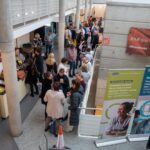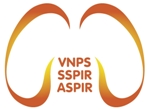Projects dear to us
We also wholeheartedly support a variety of projects outside of the usual scientific projects. These cover the following areas in particular: information and education about kidneys and kidney health, and promoting the quality of life and treatment for kidney patients.
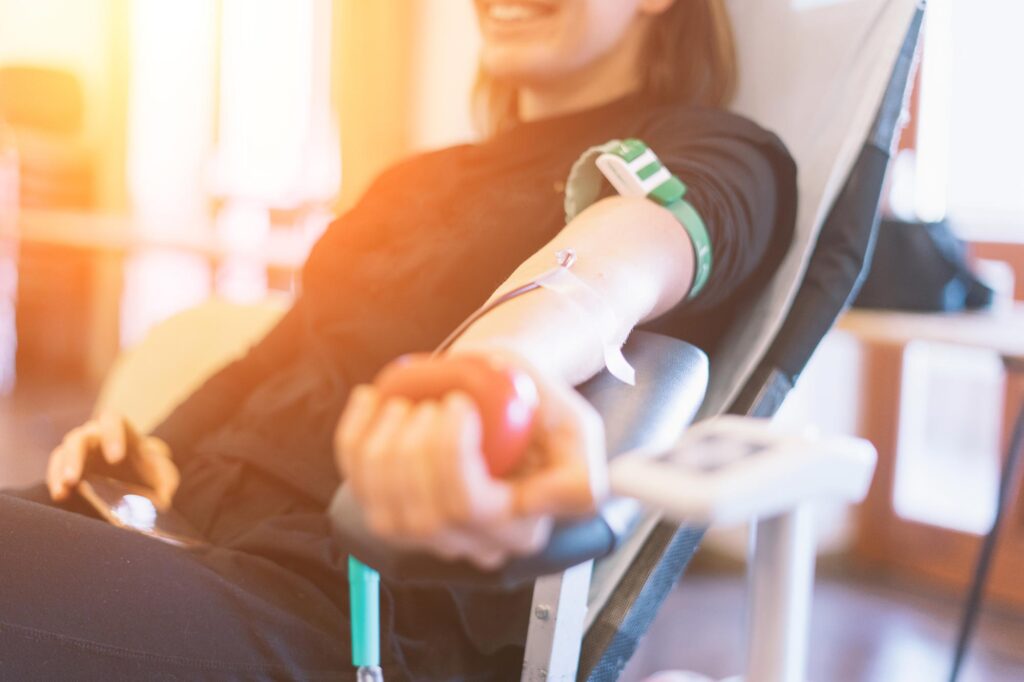
Investigation
Investigation into the travel costs of dialysis patients
Investigation into the travel costs of dialysis patients – what are the financial and social implications of these costs?
Patients with chronic kidney disease often have to undergo dialysis treatment. There are various methods of dialysis, such as hemodialysis (blood purification) or peritoneal dialysis (peritoneal dialysis). Hemodialysis is usually performed in specialized centers. Patients usually have to visit such a center several times a week. However, not everyone lives in the immediate vicinity of such a center. For many, a visit to a center is associated with a corresponding journey. This results in travel costs that are usually not covered by health insurance. Patients who require hemodialysis therefore face financial burdens.
This study examines the impact of these travel costs on patients and their families.
2022 – Kai-Uwe Schmitt, Bern
World Kidney Day 2023
One kidney is enough to save a life
On 9 March, 50 kidney patients and family members planted a flower bed in front of the University Hospital Zurich, with around 500 pot plants to make the shape of a giant kidney.
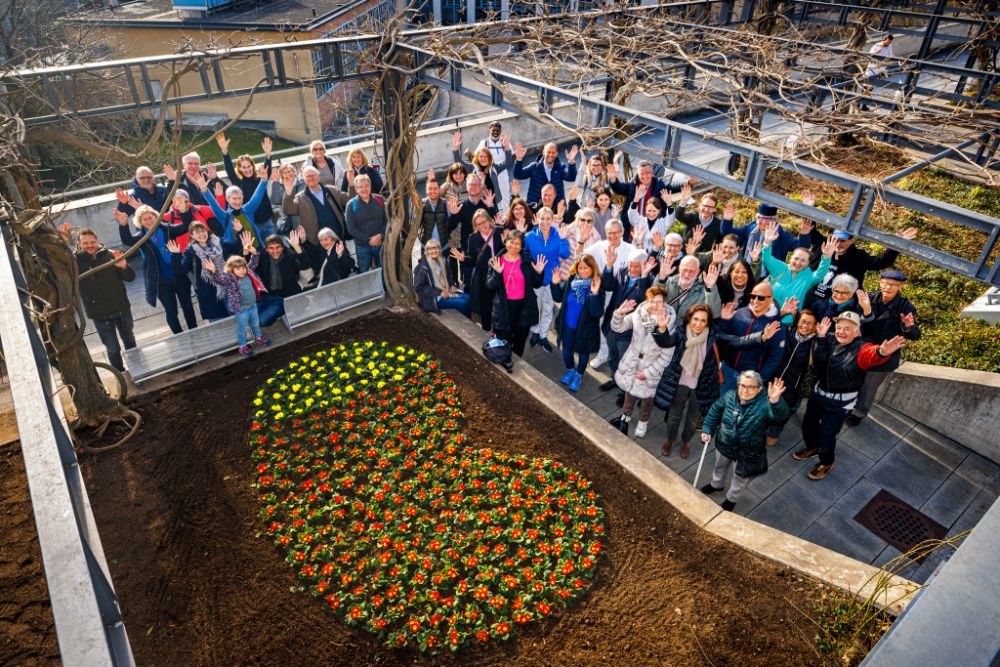

Support
Swiss camp for children with kidney disease
The first holiday camp for children with kidney disease and their siblings was held in Switzerland more than 30 years ago. The camp has always been organised by Zurich Children’s Hospital’s Renal Department. This summer camp gives sick children and adolescents the opportunity to socialise, whilst giving their families respite for a week.
The Swiss Kidney Foundation is supporting this camp in 2021.
In July 2022, the camp was held in Weggis (read the report 2022).
This year’s camp took place from 16.7. – 22.7.2023 again in Weggis/Lucerne.
(Read the report 2023)
Investigation
Access to expensive kidney treatments in Switzerland
For a long time, nephrologists have been fighting for fair access to medical care and against shortages of resources, especially since transplants and/or chronic dialysis have made living with kidney failure possible. Medical science is making rapid progress with highly promising treatments that can protect kidney function for patients with kidney disease, as well as delay the onset of kidney failure and, in many cases, prevent it. Many of these new medicines are expensive, however, and not always accessible to all patients. Nephrologists are therefore having to once more be at the forefront of the fight for fairer access to these new, expensive treatments.

Nephrologists have been advocates for equitable access to care and confronting scarcity of resources since the 1950s and 1960s when transplantation and chronic dialysis became a possibility. Medical progress is advancing rapidly and promising new therapies are emerging for patients with kidney disease, which may protect kidney function. However, many new medications are expensive and not accessible to all patients. Nephrologists must therefore again take the lead in advocating for fairer access to these new expensive therapies.
Clinicians in Switzerland wishing to prescribe an expensive therapy must obtain approval from the health insurance prior to use. These applications take time and often involve multiple rounds of back and forth before a therapy is approved or denied. Such delays may make a patient lose valuable time and kidney function. When an expensive medication is denied, the patient may choose to pay out of pocket, or can appeal legally, but the costs of both are often prohibitive. In addition, decisions by health insurers are not transparent, may not the be same between 2 patients with similar diseases, may differ between health insurances and therefore it is likely that access to these expensive medicines may be unequal among patients with similar needs.
Many questions remain regarding access to these expensive therapies in nephrology in
Switzerland: How often are such medications required? How often are they obtained or denied? If they are obtained, what are the costs? Who pays? Do all patients have the same chance at receiving the therapy? Are these therapies used and monitored appropriately to establish benefit if still relatively new? How fair are the prices for these medications? How fair is the situation in Switzerland compared with other countries in Europe?
This proposal aims to understand the current situation regarding the need, use and access to expensive medicines for patients with kidney disease, and to understand barriers to access and current oversight processes. The goal is to develop a framework for advocacy regarding access to expensive therapies in nephrology, to initiate debate around fair profits and fair pricing and the necessity to ensure clinical needs of all patients are met fairly.
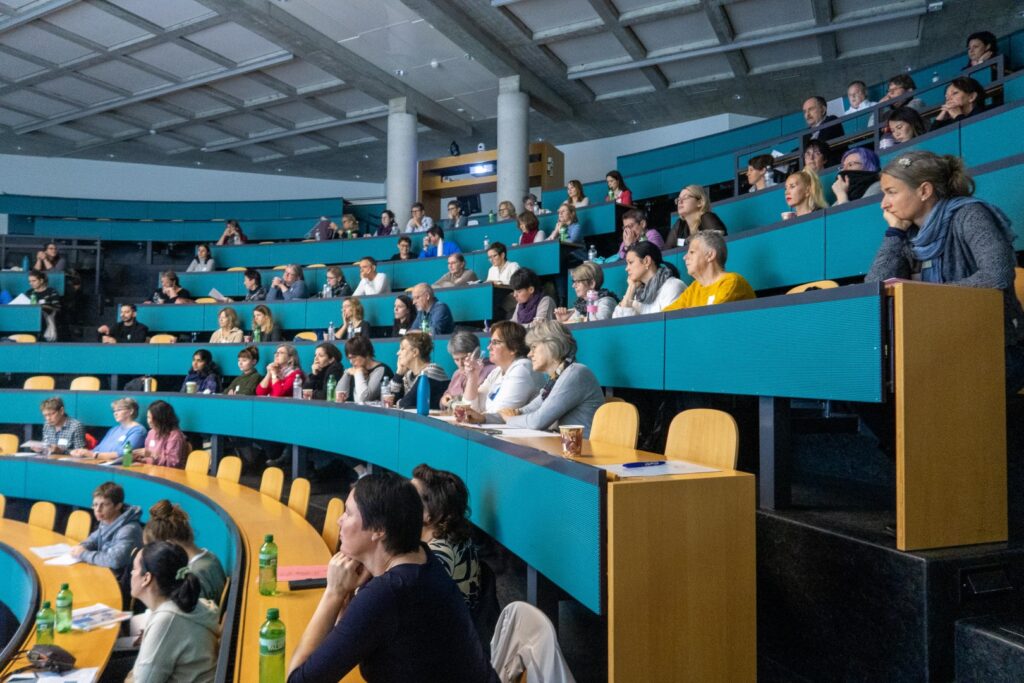
Conference
Impressions of the 2023 conference in Bern
The Interessengemeinschaft Nephrologie – Nephrology Interest Group (IG-Nephrologie) for German-speaking Switzerland is a professional association made up of nurses working in all areas of nephrology. Founded in 1989, IG-Nephrologie now numbers around 150 nurses spread across German-speaking Switzerland.
IG-Nephrologie has been organising expert conferences for years, and these have been supported by the Swiss Kidney Foundation for some time.
Investigation
Eculizumab in Shiga toxin-producing Escherichia coli hemolytic uremic syndrome: a systematic review
de Zwart, P.L., Mueller, T.F., Spartà, G. et al.
Pediatr Nephrol (2023).
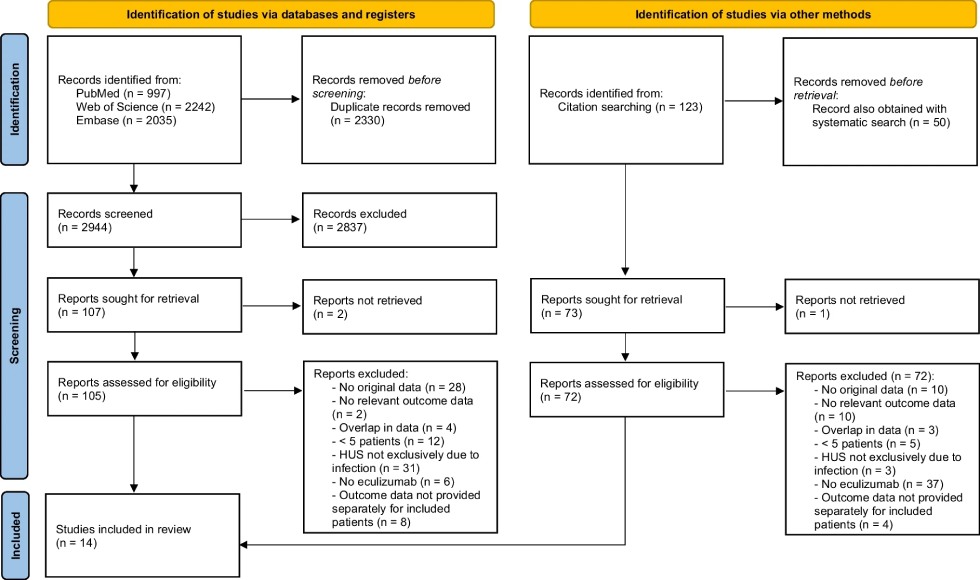
Klinikerinnen und Kliniker in der Schweiz, die eine teure Therapie verschreiben wollen, müssen vor der Anwendung die Genehmigung der Krankenkasse einholen. Diese Anträge nehmen Zeit in Anspruch und erfordern oft mehrere Anträge bevor eine Therapie genehmigt oder abgelehnt wird. Solche Verzögerungen können dazu führen, dass wertvolle Zeit in der Behandlung für einen Patienten und seine Nierenfunktion verloren geht. Wenn ein teures Medikament abgelehnt wird, kann sich der Patient entscheiden, aus eigener Tasche zu bezahlen oder einen Rechtsbehelf einzulegen, aber die Kosten für Beides sind oft unerschwinglich. Darüber hinaus sind die Entscheidungen der Krankenversicherer nicht transparent, sind möglicherweise bei zwei Patienten mit ähnlichen Krankheiten nicht gleich, können sich zwischen den Krankenversicherungen unterscheiden und können häufig nicht direkt mit den Entscheidungsträgern bei der Krankenversicherungen besprochen werden. Es ist deshalb möglich, dass der Zugang zu diesen teuren Medikamenten für Patienten mit ähnlichen Bedürfnissen ungleich sein kann. Es sind viele Fragen offen bezüglich des Zugangs zu diesen teuren Therapien in der Nephrologie in der Schweiz: Wie oft werden solche Medikamente benötigt? Wie oft wird eine Kostenübernahme erreicht oder verweigert? Falls sie zugesagt wird, wie hoch sind die Kosten und wie ist Ihre Bezahlung anteilig verteilt? Haben alle Patientinnen und Patienten die gleichen Chancen, die Therapie zu erhalten? Werden diese Therapien angemessen eingesetzt und überwacht um den Nutzen zu prüfenfestzustellen? Wie fair sind die Preise für diese Medikamente? Wie fair ist die Situation in der Schweiz im Vergleich zu anderen Ländern in Europa? Mit unserem Forschungsprojekt möchten wir die gegenwärtige Situation bezüglich Bedarf, Anwendung und Zugang zu teuren Medikamenten für nierenkranke Patienten transparenter machen um die Barrieren und die Entscheidungsprozesse besser zu verstehen. Ziel ist es, einen Rahmen für die Interessensvertretung im Hinblick auf den Zugang zu teuren Therapien in der Nephrologie zu entwickeln, Transparenz über Kosten und Preisgestaltung zu erreichen und damit sicherzustellen, dass die klinischen Bedürfnisse aller Patienten gerecht erfüllt werden.
Seit 2021 unterstützt die Schweizerische Nierenstiftung dieses wichtige und interessante Projekt.
2022: Standpunkt von Schweizer Nephrologen bezüglich Zugang zu neuen/ teuren Therapien für Nierenpatienten (Poster am SGN Kongress, Dezember 2022)
Dr. med Valerie A. Luyckx MD, MSc, PhD
PD Dr. med. Giuseppina Spartà, eMBA
Prof. Dr. med Thomas F. Mueller MD
Institute of Biomedical Ethics and the History of Medicine, University of Zurich, Winterthurerstrasse 30, 8006 Zurich
Download funding application form
Requests up to 10’000.–
Requests as of 10’000.–
«Sharing laughter is good for the soul.»
Pandora Kunz, Member of the Foundation Board


